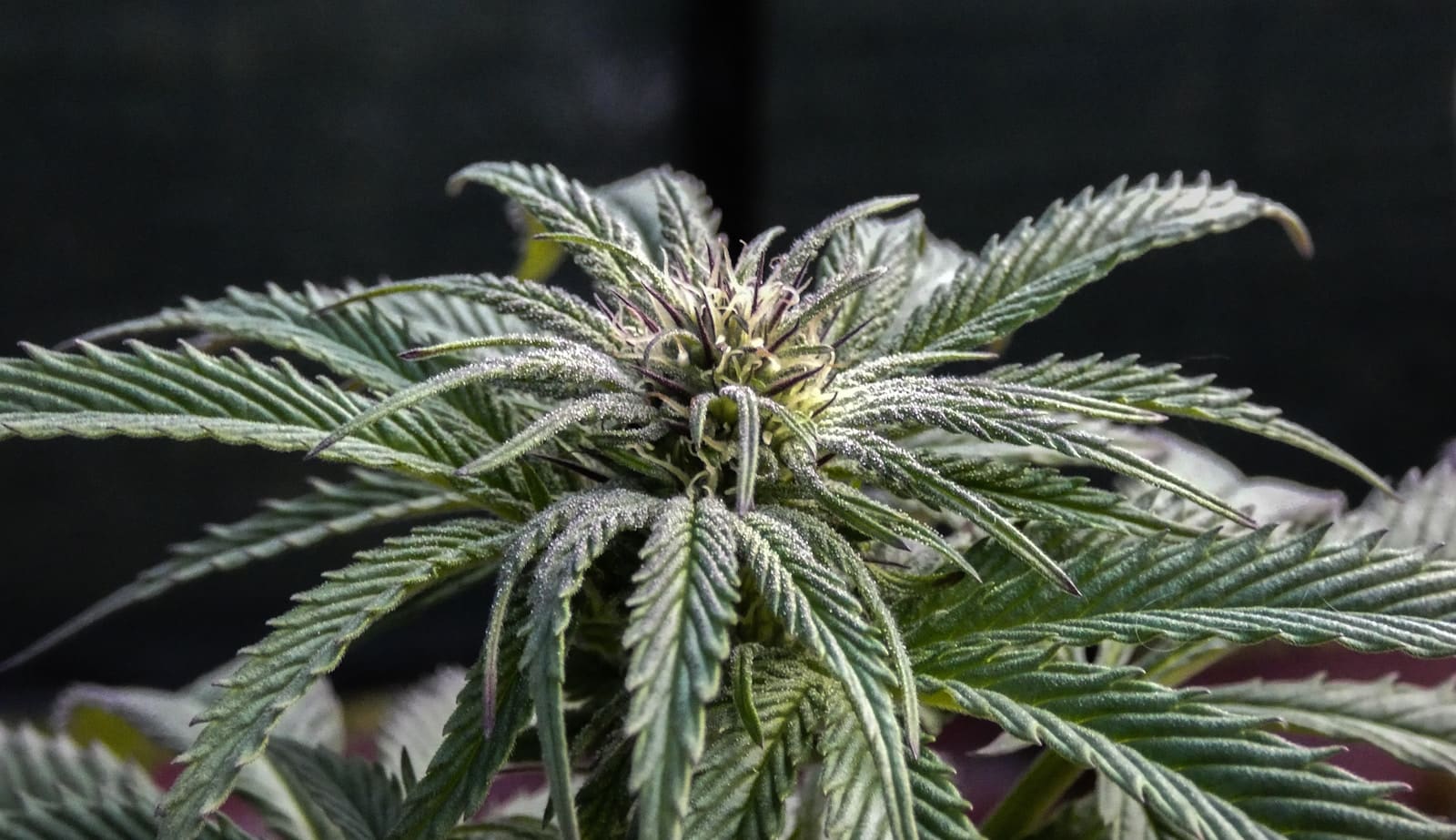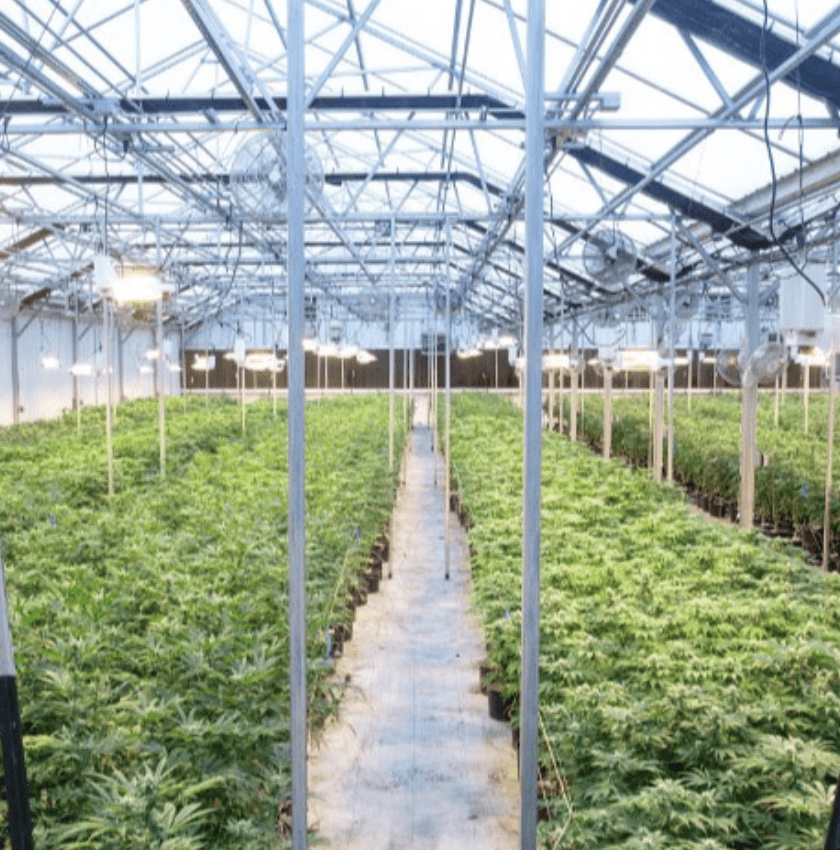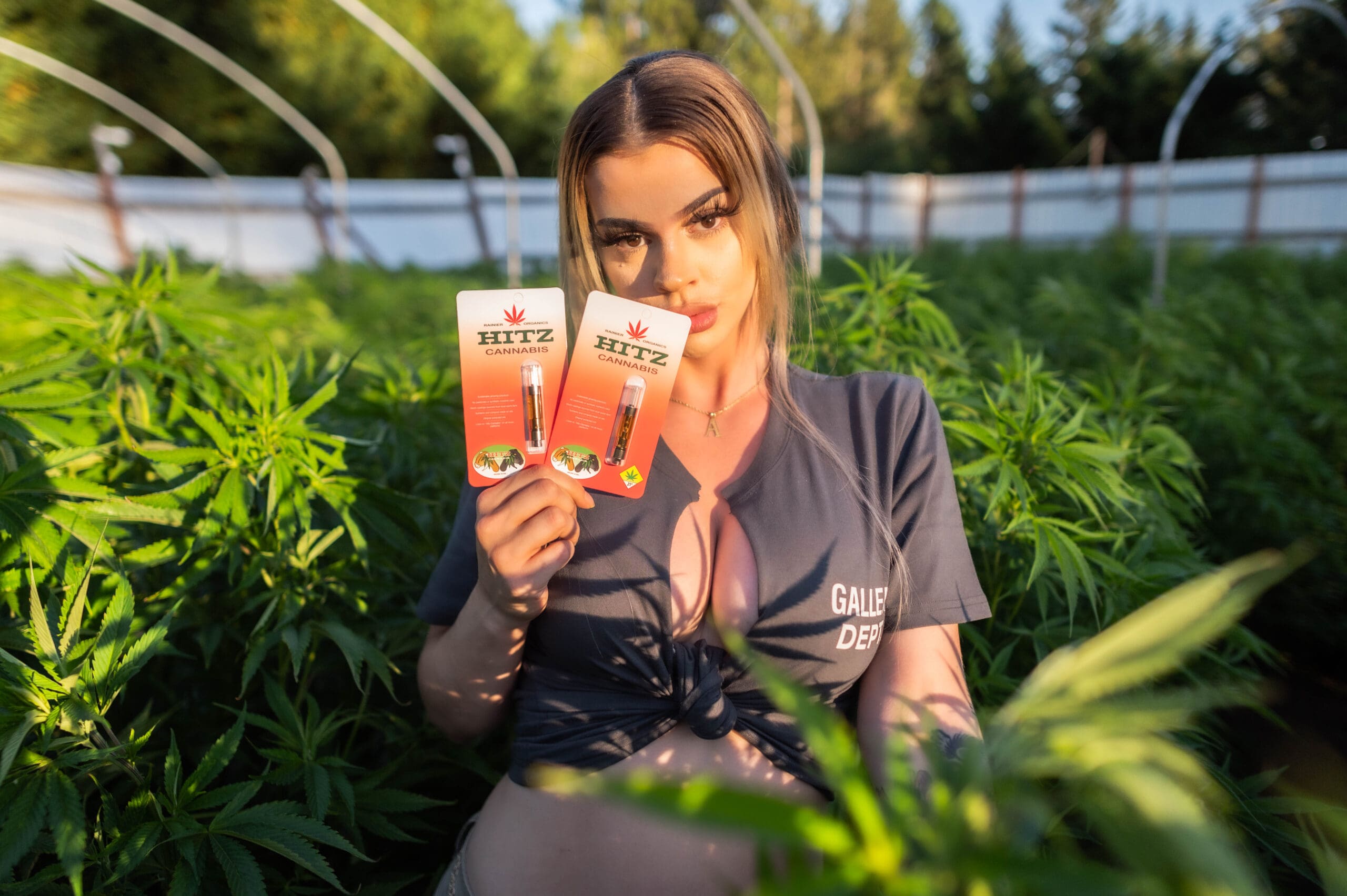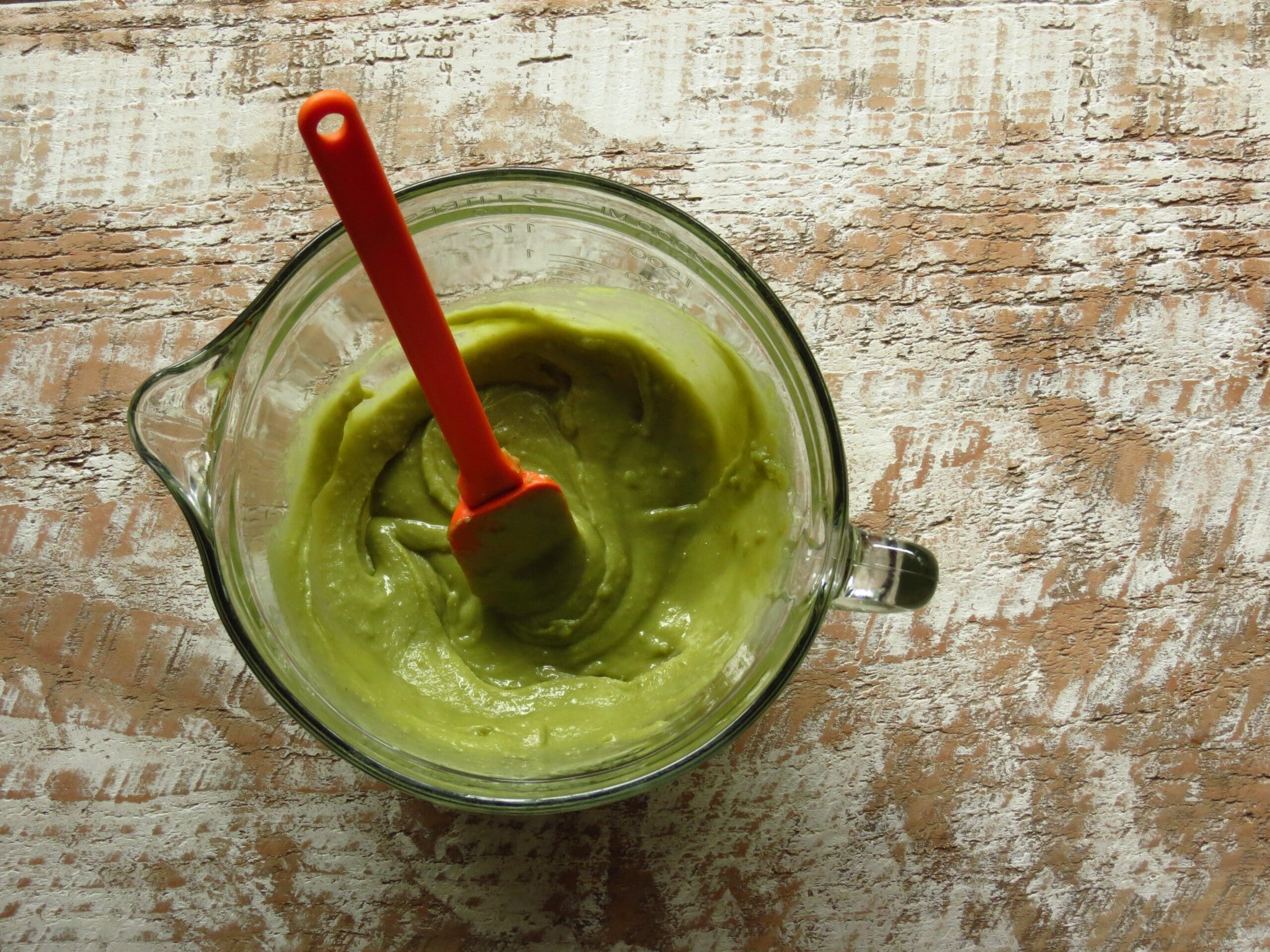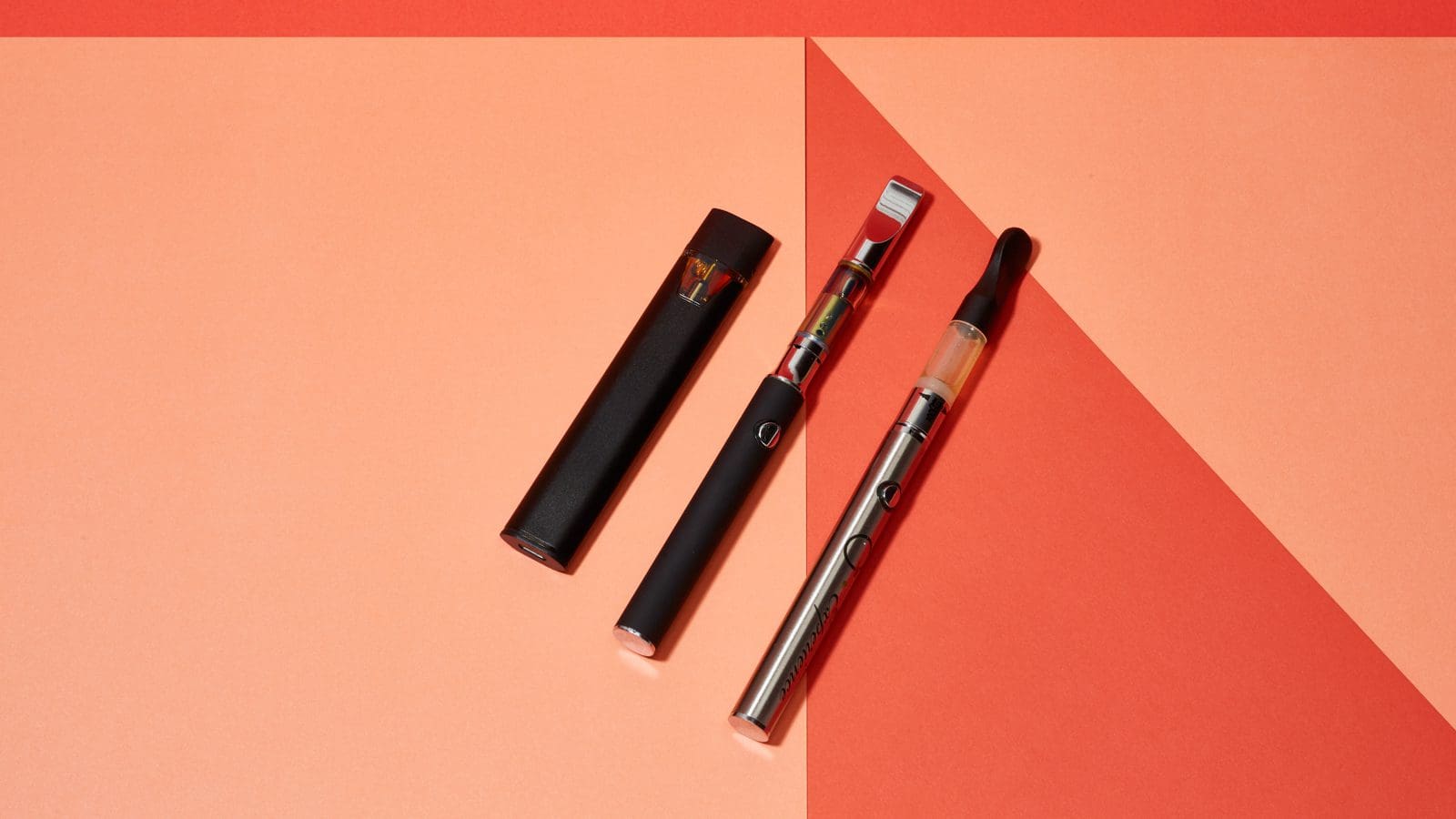Navigating the world of cannabis as a new user can be both exciting and overwhelming. With its growing popularity in wellness circles and recreational use, understanding the distinction between indica and sativa is essential for tailoring the experience to your personal needs. While both are derived from the cannabis plant, they produce distinct effects, making it crucial to know which one suits your lifestyle, health goals, or relaxation preferences.
If you’re feeling unsure where to begin—don’t worry! This guide breaks down the key differences, explores their unique effects, and provides helpful tips to get you started on the right path.
What Are Indica and Sativa?
Before you venture into the world of cannabis, understanding the basics around indica and sativa is step one. Both types of cannabis offer unique characteristics in origin, appearance, and effects.
Indica
- Origin: Native to regions like Afghanistan, India, Pakistan, and Turkey, indica thrives in harsh climates like the Hindu Kush mountains.
- Appearance: Indica plants are typically short and stocky, with broad, chunky leaves and dense buds.
- CBD-to-THC Ratio: Often contains higher levels of CBD relative to THC, making it popular for relaxation and relief.
- Common Effects: Intense relaxation, reduced nausea, pain relief, increased appetite.
- Best Time to Use: Nighttime—ideal for winding down after a long day.
Sativa
- Origin: Commonly found in warm, sunny climates, such as Africa, Central America, Southeast Asia, and parts of Western Asia.
- Appearance: Sativa plants are tall and thin, with finger-like leaves. They often grow over six feet and take longer to mature compared to indica.
- CBD-to-THC Ratio: Higher THC levels with lower CBD content.
- Common Effects: A “mind high,” promoting energy, focus, and reduced anxiety.
- Best Time to Use: Daytime—perfect for creative pursuits and social events.
Hybrid
Most cannabis available today is a hybrid of indica and sativa. These plants are bred to combine specific traits from both types, offering a broad range of effects. Hybrids are typically classified as indica-dominant, sativa-dominant, or balanced.
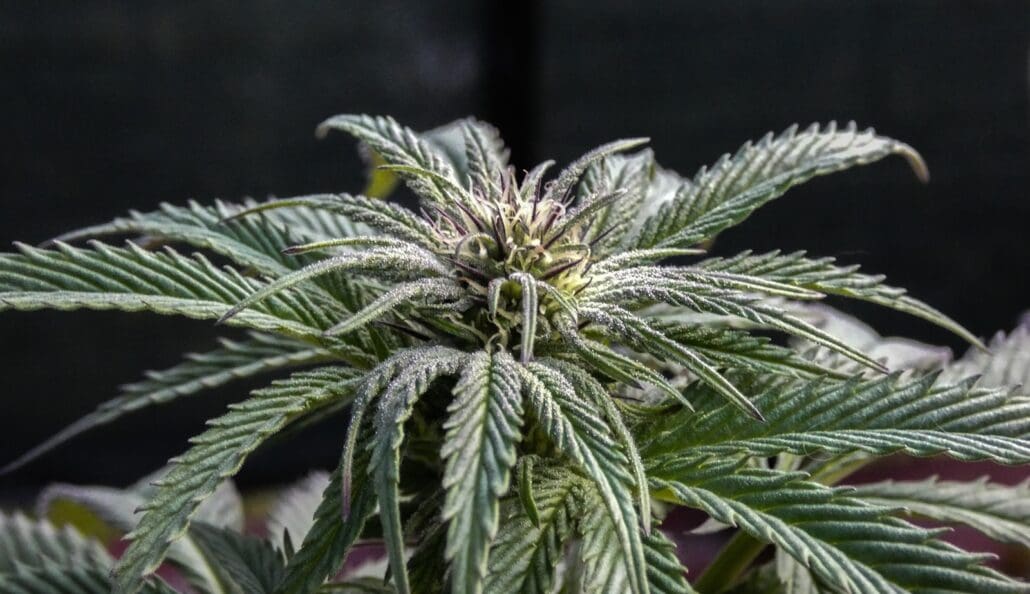
The Science Behind the High
To truly understand how cannabis works, it helps to look at its chemical composition—primarily cannabinoids and terpenes, the magical compounds responsible for its effects.
Cannabinoids
Cannabis plants contain dozens of cannabinoids, but two stand out for their significant impacts:
- THC (Tetrahydrocannabinol): The primary psychoactive compound that creates the “high” feeling.
- CBD (Cannabidiol): Non-psychoactive, known for its calming and therapeutic effects.
Other cannabinoids, such as CBN and CBG, also play a role, offering benefits like anxiety reduction or aiding neurological conditions.
Terpenes
These naturally occurring compounds give cannabis its aroma and flavor. While often overshadowed by THC and CBD, terpenes are equally important, influencing how each strain affects your body and mind. Popular terpenes include:
- Myrcene: Promotes relaxation (common in indica).
- Limonene: Boosts energy and mood (common in sativa).
- Pinene: Improves focus and clarity.
Choosing the Right Strain for You
Finding the right cannabis strain is less about adhering strictly to “indica” or “sativa” labels and more about identifying your intended effects and preferences. Here’s how to start narrowing down options.
1. Define Your Goals
What are you looking to achieve?
- Relaxation or better sleep: Opt for indica-dominant strains.
- Energy for creative projects or socializing: Choose sativa-dominant strains.
- A balanced effect: Try a hybrid tailored to your needs.
2. Consider THC and CBD Levels
Check the cannabinoid content of a strain. If you’re new to cannabis, start with strains lower in THC to avoid overwhelming psychoactive effects.
3. Pay Attention to Terpenes
Ask your dispensary or budtender about terpene profiles to better match your experience to your mood. For example, a sativa with citrusy limonene may brighten your day, while an indica with earthy myrcene might help you unwind.
4. Consult the Experts
Don’t shy away from asking your dispensary’s staff for recommendations. They can provide guidance based on your experience level and goals.
Common Misconceptions About Indica and Sativa
The world of cannabis is filled with myths and misconceptions. Here’s the truth behind some common ones.
- “Indica means sleepy; sativa means energized.”
While these are often-used rules of thumb, the effects of cannabis are highly individual and influenced just as much by cannabinoids and terpenes as by the plant type.
- “Strains are the best way to determine effects.”
The cannabis industry is moving away from categorizing by “strains” and instead using the term chemovars (chemical varieties). This system focuses on chemical composition rather than plant types.
- “All indica and sativa plants look the same.”
Growing techniques, environmental factors, and genetics can affect the appearance and potency of any cannabis plant.
- “Only THC levels matter.”
While THC is powerful, other cannabinoids and terpenes significantly influence the experience.
Why Knowledge Matters
Whether for wellness or recreation, understanding the differences between indica and sativa can help you make informed decisions and maximize your enjoyment of cannabis. However, keep in mind that cannabis affects everyone uniquely, and experimenting thoughtfully is key to discovering what works best for you.
If you’re ready to level up your cannabis knowledge—or simply want to find your ideal fit—stop by any Kush21 location! Our knowledgeable budtenders are here to guide you through your options, answer questions, and ensure you leave confident and satisfied.

